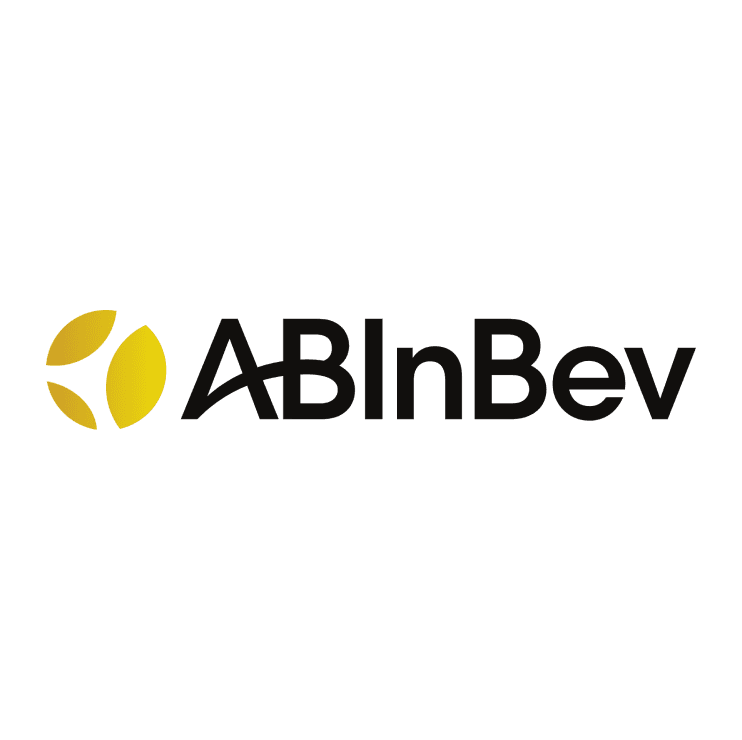
Eliminate 99% Emissions by Switching to Natural Refrigerants
 Fogel
Fogel
Summary
Fogel switched to natural refrigerants (R290, R600a) across all new coolers by 2024, cutting emissions by 99.8% and improving energy efficiency.
Key resources
Context
Fogel supplies commercial refrigerators to meet the requirements of customers in more than 35 countries around the world, employing professional logistics with a comprehensive service network and support throughout the markets in which it operates.
Every single commercial refrigeration model made by Fogel utilizes hydrocarbon refrigerants, which are natural, whereas HFC synthetic refrigerants, such as R-134a and R-404a, have been discontinued in production. These hydrocarbon refrigerants -either R600a or R-290 - have negligible global warming potential compared to their synthetic counterparts. Fogel got this key step through its low-carbon transition strategy.
Solution
Fogel replaced chemical refrigerant gases with natural alternatives (R290, R600) across all new equipment production in 2024. This transition required facility modifications and updates to ensure safe handling, while providing customers with guidance on preventive maintenance.
By switching to natural refrigerants with very low Global Warming Potential, Fogel reduces refrigerant-related emissions by 99.8% compared to R134a, addressing one of the refrigeration sector’s most significant decarbonization challenges.
Figure 1: Switching to natural refrigerants cuts potential GHG emissions by 99%, while improving efficiency and requiring less gas per unit.

Figure 2: All facilities were upgraded for the new injection system, with technicians trained to safely handle natural refrigerants.

Impact
Sustainability impact
Climate
By transitioning from R134a refrigerant (GWP 1,430) to natural gases R290 and R600a (GWP <3), Fogel reduced refrigerant-related emissions by 99.8%. This change ensures that even if leakage occurs during use or end-of-life, climate impact is negligible compared to previous chemical mixtures. With 100% of coolers now produced using natural refrigerants, the transition contributes significantly to Fogel’s Scope 3 emission reductions.
Nature
By switching from refrigerant to natural gas, Fogel reduces the potential greenhouse gas impact of the refrigeration equipment. By using refrigerant gases with a lower GWP, fewer resources and less gas are consumed within the refrigeration system, thereby reducing the potential impact on nature.
Business impact
Benefits
The transition to natural refrigerants reduces lifecycle emissions and ensures compliance with upcoming HFC phase-out regulations. Energy efficiency improvements also contribute to lower operating costs for end-users. In addition, the change broadens market access where low-GWP refrigerants are required, aligning with global regulatory trends.
Costs
The initiative required an investment of approximately USD 5 million, covering testing, redesign, equipment upgrades, training, and customer education. Costs are spread over time and offset by efficiency gains. While difficult to segment precisely, the indicative abatement cost includes redesign, certification, and training. More importantly, the ROI extends beyond economics, enabling the use of modern, efficient components and ensuring compliance with international environmental standards.
Impact beyond sustainability and business
Co-benefits
By eliminating gases with high global warming potential from its refrigeration process, Fogel reduces atmospheric risks wherever its refrigerators are used.
Potential side-effects
For gas management, technical training should always be strengthened to implement proper gas maintenance and recharging procedures throughout the refrigerator's useful life.
Implementation
Typical business profile
Most relevant for refrigeration manufacturers, food and beverage companies, and retailers dependent on cold chain logistics. Applies to sustainability, operations, and product design teams seeking to phase out HFCs and comply with refrigerant regulations. Suited to companies advancing Net Zero strategies, with global applicability wherever refrigeration is used.
Approach
Define the scope of the transition project to refrigeration equipment that will work with natural refrigerants.
Design and develop the refrigerators that will receive updated components for laboratory testing.
Conduct testing, including safety aspects of refrigerant gas handling, storage, and injected gas volume.
Validate the tests performed in the laboratory and document them, before massive production begins.
Purchase and upgrade all necessary equipment to work with natural refrigerant gas.
Make modifications to the facilities to adapt them to the new process, considering the storage, handling, and safety of the gas and coolers produced.
Training all staff due to proper refrigeration gas management and set in production line of the coolers.
Request certifications from accrediting organizations to the upgraded refrigerator models.
Provide maintenance guides to all customers. Train main key customers in the proper use of the product.
Scale to 100%production transitioned to operated natural refrigeration gas.
Stakeholders involved
Internal Stakeholders involved
Board of Directors,
R&D team,
Sales,
Production & Quality,
Sustainability department.
External Stakeholders involved
Raw material suppliers,
machinery providers,
service & safety partners,
regulatory authorities
Key parameters to consider
Over time, the technology has become more accessible. However, during the production process, the issues of storage, safe use, and proper handling of gases and refrigerators containing this gas its a must.
Sharing information with customers about the benefits, training them, and providing them with adequate and timely information on how to operate the equipment are truly important for proper operation.
Internally, a good facility must consider all safety measures for handling the gas due to its inherent flammability.
It's very important to validate that all refrigerators meet customers' operational and efficiency requirements, maintaining the coolers validation standard of an external entity that guarantees proper operation.
Implementation and operations tips
Apply strict safety measures for handling flammable gases,
Conduct regular monitoring of storage facilities,
Reinforce training at all levels of the value chain,
Provide customers with transparent and accessible maintenance information.
External links
https://www.fogel-group.com/en/certifications/
https://www.fogel-group.com/en/sustainability/